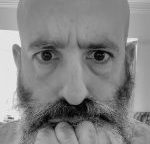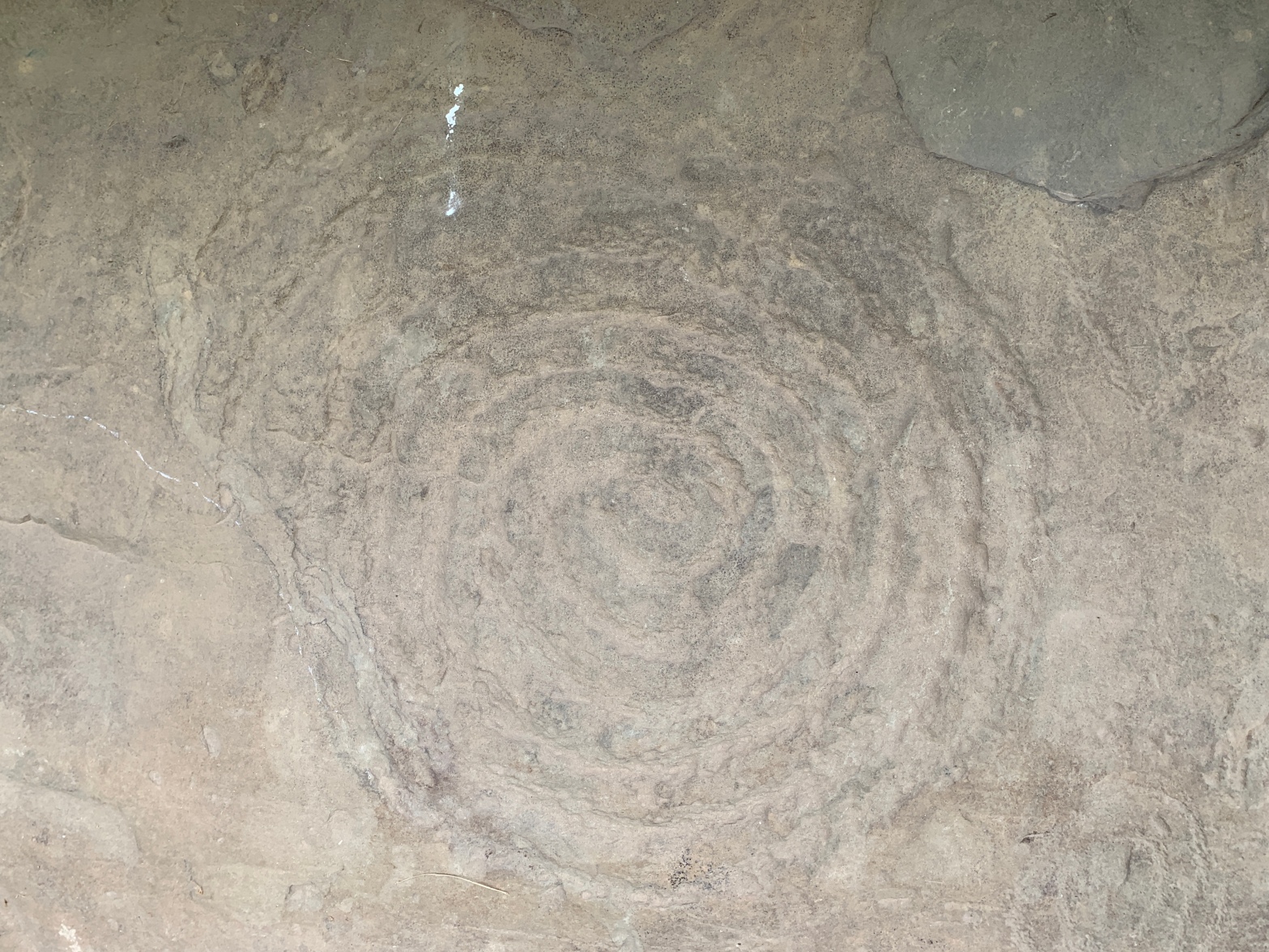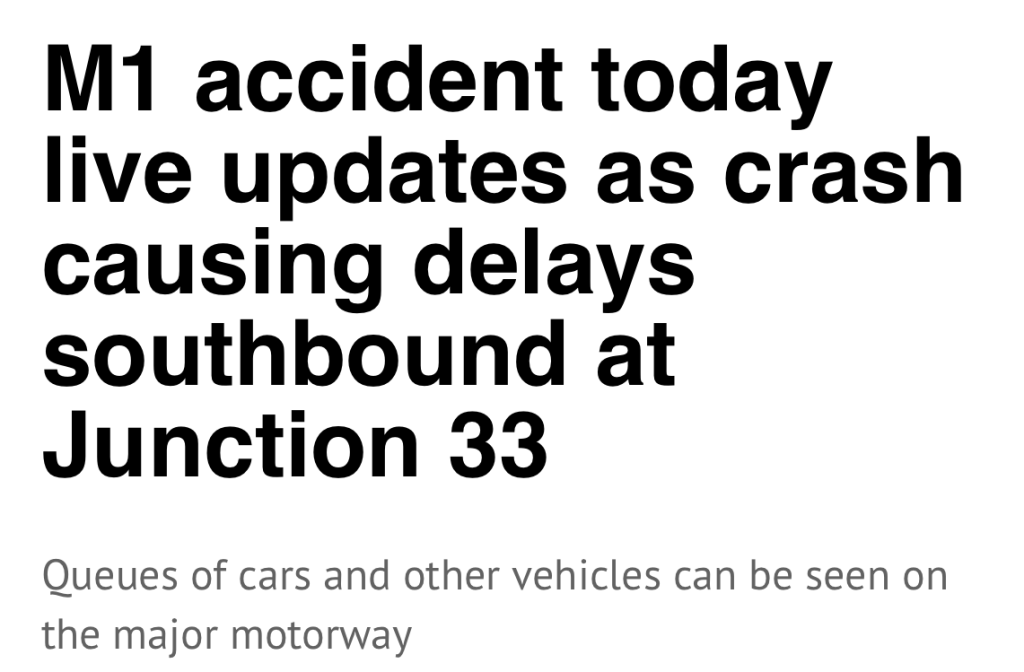My dad was a fan of the Yiddishism ‘b’shert’
This was used whenever something untoward happened at school, work or home.
It loosely translates as, ‘It was fated,’ or perhaps, inevitable.
The original context, I can imagine:
The Cossacks raped and pillaged. B’shert.
The death of the dog, the cat, the loss of money, exam failure and so on.
Yesterday, I crashed my car.
Of, perhaps to make matters worse, my wife’s car.
A multi-vehicle pile-up on the M1.
The kind of thing you read about on the news.
There was a brief mention on Radio 2, I am told.
I and three other drivers blocked a busy motorway entrance at Friday morning rush hour, for an hour and a half. Imagine.
As I sat in the back of the ambulance, I empathised with those whose mornings were now in disarray.
It was sudden.
I was merging on a slip-road joining the M1; traffic was moving at its usual rate, perhaps a little better than normal.
Suddenly the car in front of me was too close. I braked. I realised I was too close to avoid collision, hoping for the best, hoping I had enough time to avoid damage,then the air bags deployed, a cloud of smoke, and my emergency lights were flashing.
My car, called emergency services and before I knew what was happening, I was asked, ‘Ambulance, Fire or Police?’
I said, ‘I don’t really know, I am on the M1, there has been a crash,’ I hedged my bets and asked for Fire and Police.
My Apple watch rang the police at the same time and for a surreal moment I was having two conversations about my emergency needs.
I waited.
First a passing patient-transport ambulance stopped, then the fire brigade.
It is hard to calculate which other emergency services were on scene. Within minutes, around thirty men and women in brightly coloured jackets, yellow hats and concerned smiles were around the cars.
I was eventually moved to an ambulance that drove the short distance to the hard shoulder and allowed time to wait and recover.
Funnily, the ambulance crew had to borrow my saturation monitor to check my pulse, as instructed by the more senior paramedic on scene.
The driver of the car in front of me who was not significantly injured either, accompanied me to the ambulance. It later transpired she was a nurse. This NHS kinship helping.
When I told people I was on my way to work as a doctor they found this interesting, ‘I hear you are a doctor,’ a couple of the crew announced as they came to check on me (some found this oddly entertaining), ensuring no cervical tenderness or lower-limb fractures.
‘No, just some musculoskeletal pain. From the seat belt.’
These are the guys who see everything, from the crashes where people walk away to those where no one is breathing.
I imagine they found the situation heartening.
No need for metal cutters or moving equipment.
After an hour and a half, the motorway swept clean, the cars were towed, and the ambulance took me to work.
Colleagues had cancelled my morning visits, just a few patients to contact.
First, I drank my hibiscus tea.
X
It was then I considered.
What if?
What if I had left the house a little earlier or dropped my daughter at school later? What if the soup I prepared for lunch had not boiled over and had not required me to spend a minute or two mopping up the spill? What if the night before I had slept instead of tossing and turning over an unexpected work worry that had occurred the preceding afternoon, what if, what if.
Another rabbit-hole took me to the hospital like the driver of the second car, spinal board, immobilised; my chest pain analysed, cardiac enzymes elevated, before I know it I am taken to Sheffield for an angiogram.
I saw the sliding doors.
From one moment to the next, it is only at times like this, existential gateways, that you realise the fickle nature of life. Walk left, step right, you are on a trajectory, mostly it is hoped, painless and inconsequential, occasionally stopping you in your tracks, airbags exploding.
As I sat in my car, watching the emergency services appear I reflected on my good fortune to live in the UK where, despite all that is wrong, a multitude were available to rescue me within minutes.
Later, when speaking with the insurance company and then the hire car, I reflected on their good grace, professionalism and empathy.
X
My mind of course shifted to Israel.
To Nachal Oz, Be’eri.
I imagine survivor flashbacks.
‘What would have happened if?’
I remember the testimony of the Nova survivors, ‘We drove left instead of right, had we headed directly home we would be dead.’
I thought back to Reuma Kedem, berating Gallant. ‘A phone call, to warn them, and they would be alive today.’
And this puts things in perspective.
On Thursday I considered the work event and how bad I felt and then I considered the men, woman and children who have been killed as a direct or indirect effect of Hamas’ actions on October 7th.
I am not sure whether this comparison is valid, it helped me to compartmentalise and gain insight into the trivialities of my own life.
A wrecked car is bad, as is a bombed house. Death is the end. B’shert.
X
My dad is not here to discuss the events.
I can only imagine how I would have communicated this to my mum if she was alive. I imagine a mitigated re-telling. A partial narrative, leaving out the extent of the damage to the car or the moments after the airbag when I though the car was on fire and might explode.
At the crash, my wife and brother both simultaneously received text messages with my location and the fact of the crash.
I cannot imagine what they thought.
Modern technology; pinpoint accuracy.
In an alternate world, ‘Look, this is where my brother died.’ I tried not to conjecture although my life is filled with so many notions, possibilities, facts, and counterfactuals, they are hard to dodge.
Twenty years ago, I was run-over by a tram in Sheffield. Similary unanticipated, I was taken to hospital unconscious. I remember my infant son, perplexed, visiting me in the resuscitation bay. That could also have followed a different narrative.
X
Later in the day, as I discovered that NHS email had swapped to multi-factor authentication (MFA) using an early-generation Microsoft App (locked out of account for three hours), I remained calm.
I considered my predicament, my inability to access my patient communications.
I thought of the tens or perhaps hundreds of thousands of other NHS staff in my situation.
I considered the equivalent time wasted.
The cost of 90 minutes of 30 paramedic and ambulance crew and a blocked motorway.
Like a fractal, it connects, interacts and spirals.
It all adds up.
It is part of a greater cosmic calculation.
X
I wondered why the police did not speak to me.
They diverted the traffic and moved-on.
No interview, check for hands-free phone. No Breathalyzer. (I wonder about the lead driver, the one who stopped unexpectedly. Was she high? Was she arguing on the phone?) No one will know.
This was my first ever car crash. I didn’t know what to expect.
What if?
X
No matter. It was fated.
The dye was cast at my birth, the trajectory determined.
Simultaneously assuring, frustrating and frightening.
This part of the reason why, in the science of mindfulness, ‘thought wandering,’ – the theoretical stochastic shift of thoughts, from one possibility to another, ‘What if I had, what if the soup, the traffic lights, the car drop-off, my dog walk, and so on,’ is deemed unhealthy.
We do not need to think about problems or future states.
Our minds are mostly active at the level of the subconscious making all its necessary judgments and calculations, surfacing them just makes us feel bad.
Better to return to stillness.
To focus on the breath and move-on from a world of alternates.
What is, is, what is not is, not.
Or, It is what it is, as they say nowadays,
B’shert in my father’s language.
X




Hi Rod. Glad you’re ok after your crash. I’m a bit confused and perhaps didn’t read it properly, but I’m interested that you only mentioned the Israeli victims of the current war, what about the people being killed in Gaza too?
LikeLiked by 1 person
Hi Helen, thanks for the feedback.
I specifically did not say Israeli women and children. All the innocent deaths are a tragedy.
Yes, the Palestinian children and women and men are victims.
No, I don’t support Israeli’s bombs, there is no other way as far I can see for the conflict to resolve beyond Hamas and Islamic Jihad releasing the hostages which would have saved 10’s of thousands of lives and avoided the demolition of Gaza. Unfortunately, Israel was forced to play into the hands of the aggressors.
Middle East politics is complex and complicated.
I appreciate this might be ambiguous and will re-phrase when I am home later; the start of the section did refer to Israel although from that paragraph onwards my intention was to focus on the broader situation.
I guess I focus on Israel as I am both an Israeli and a Jew (and British) – and, as far as I perceive from world media outside the Right-Wing press, Israel has enough critics already.
If you want a nuanced analysis, listen to this Podcast –
https://podcasts.apple.com/gb/podcast/who-are-the-jews-and-who-can-we-become/id1500168597?i=1000642614018
LikeLike